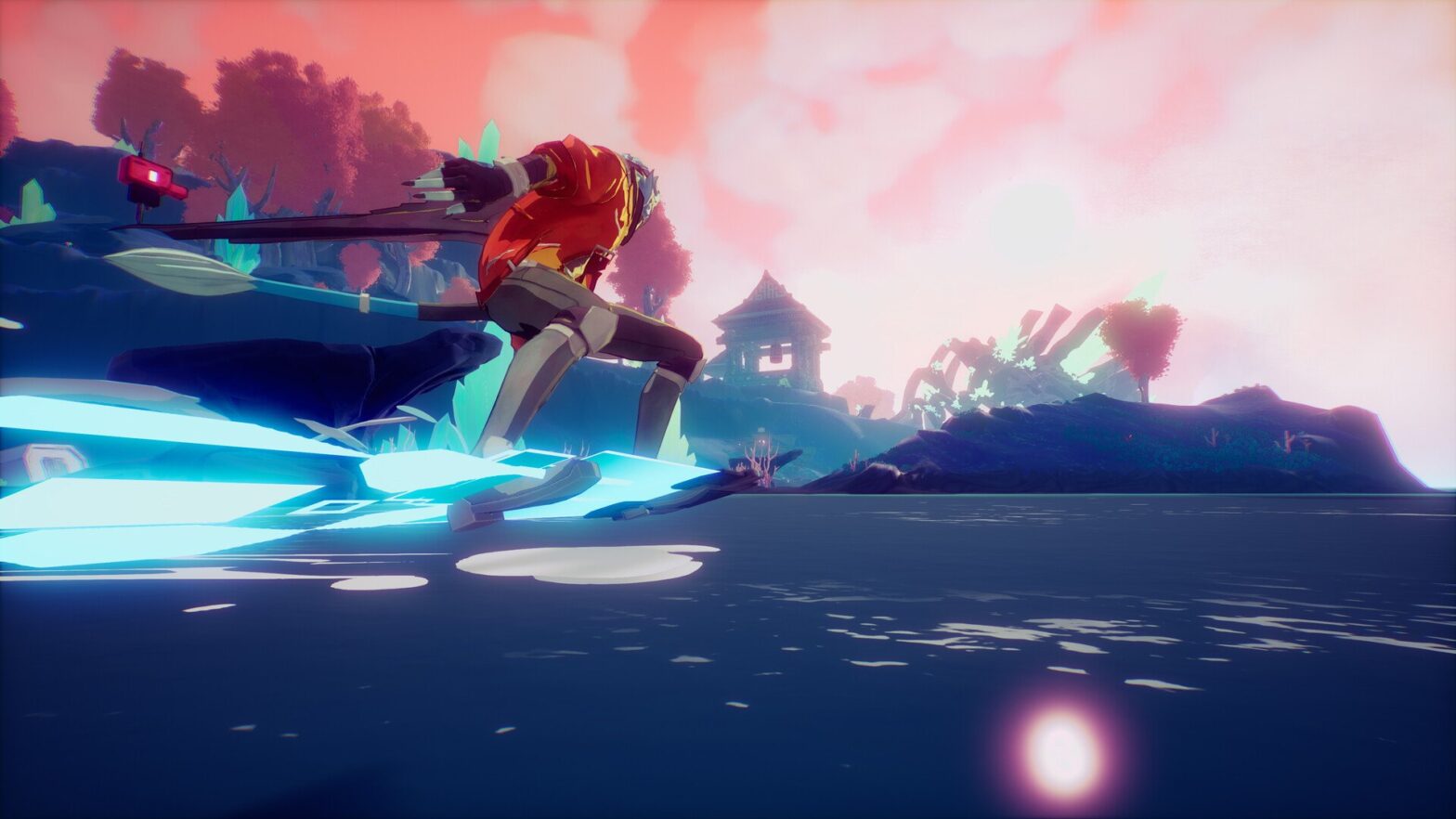The studio behind Hyper Light Breaker is ending development on the game and has confirmed that it will be laying off some employees.
Heart Machine, which previously released the critically acclaimed Hyper Light Drifter in 2016 and the Annapurna-released Solar Ash in 2021, released Hyper Light Breaker on Steam Early Access back in January.
The game is a prequel to Hyper Light Drifter, but is not an overhead pixel art action-adventure game, but rather a polygonal third-person game (similar to the difference between 2D and 3D Zelda games).
User reviews for the game have been mixed during early access, with 67% of the 2,580 reviews so far on Steam's digital store rated positive.
Now the studio has confirmed to the game developer that the early access phase for Hyper Light Breaker will end after around nine months and the game's development will come to an end.
Heart Machine also announced that it will be laying off staff due to the end of the game's development, but has not confirmed exactly how many will be affected.
“As we complete our work on Hyper Light Breaker, we have had to make the difficult decision to part ways with a number of talented team members,” a statement said. “This was not our ideal path, but the only possible one under the circumstances,” it said in a statement.
“While this path includes completion of the project, it reflects broader forces beyond our control, including shifts in financing, corporate consolidation and the uncertain environment in which many small studios like us operate today.”
The studio laid off some of its employees last November, but said at the time that it hoped the “strong and timely” release of Hyper Light Breaker could open up “new opportunities” for those who were laid off.
Hyper Light Breaker was originally scheduled to enter Early Access in 2023, but due to some delays, this was pushed back by two years.
